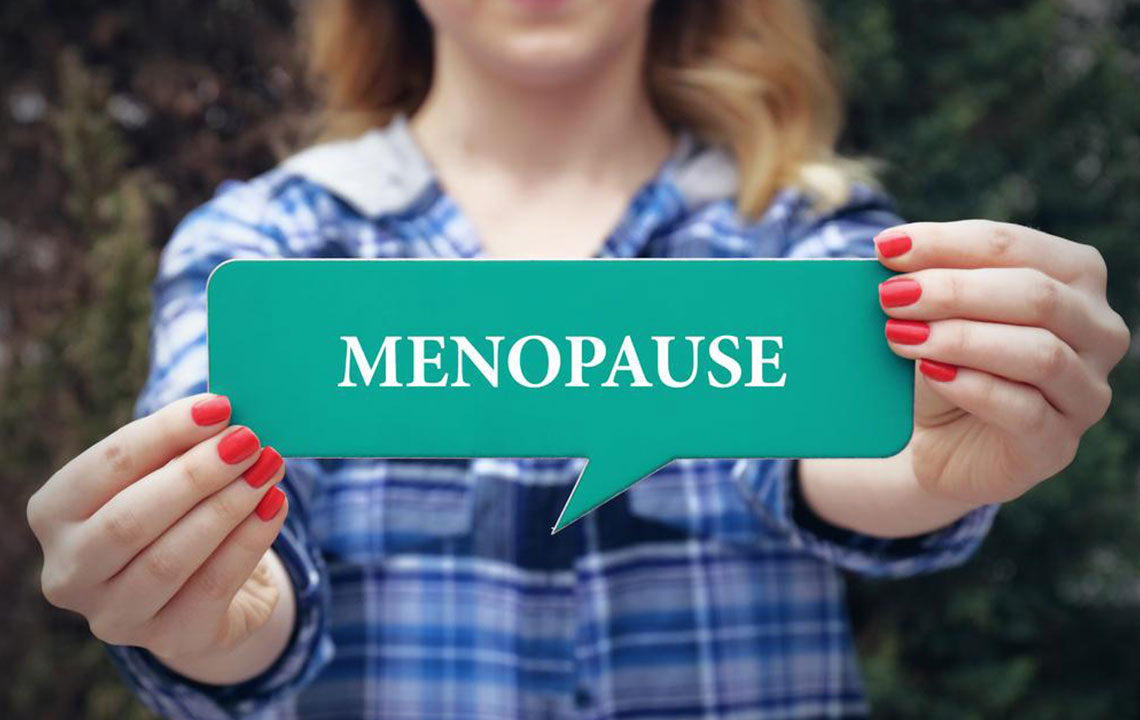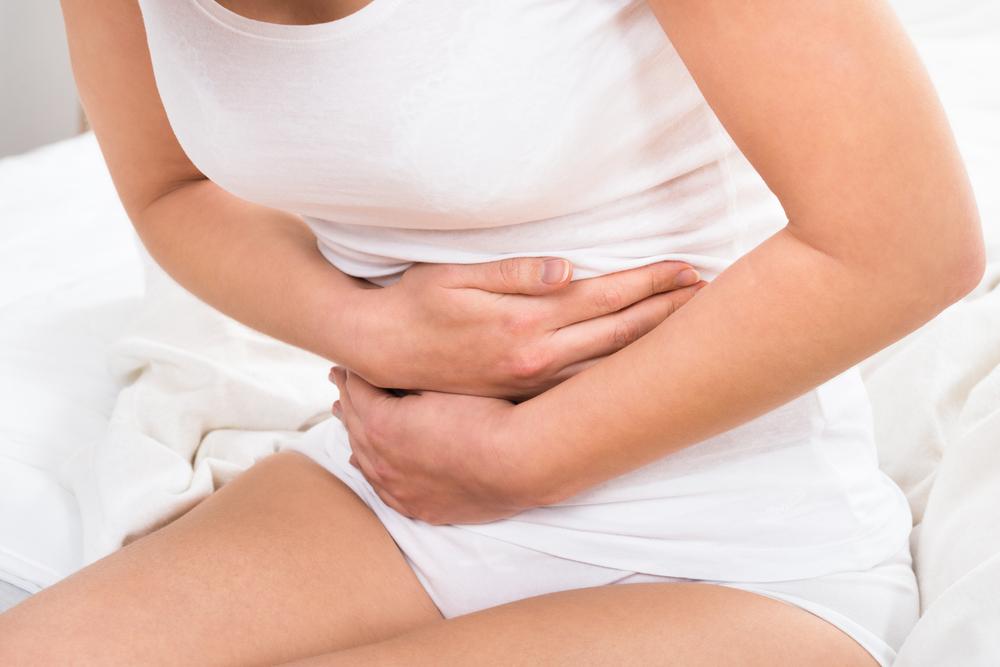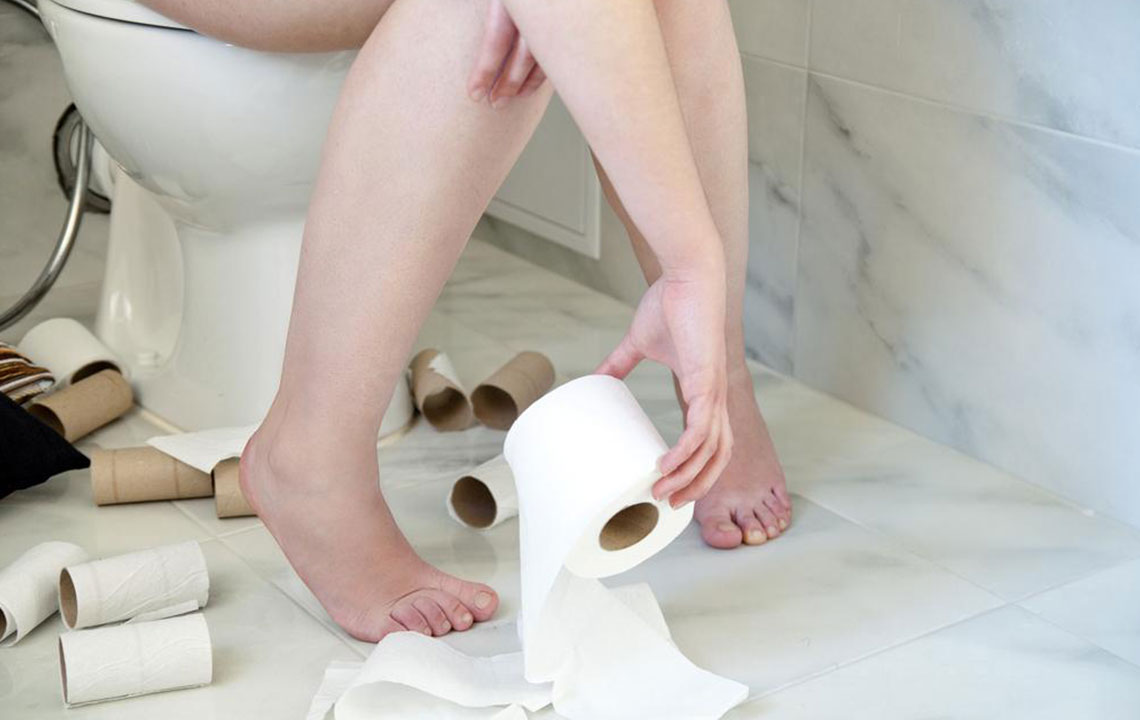Managing Hot Flashes During Menopause: What You Need to Know
Discover effective strategies to manage hot flashes during menopause. Learn about causes, triggers, and treatment options including hormone therapy, natural remedies, and lifestyle modifications. Find out how to reduce discomfort and improve your quality of life during this transition.
Sponsored

Menopause typically occurs in women during their 40s or 50s, marking the end of reproductive years. It is diagnosed after a woman has missed her period for over a year. The transition involves hormonal shifts as the ovaries cease functioning, leading to various symptoms, including hot flashes.
Hot flashes, experienced by over 70% of menopausal women, are sudden episodes of intense heat, often accompanied by sweating. While the exact cause remains unclear, hormonal fluctuations affecting circulation are believed to play a role.
Night sweats and increased heart rate are common side effects. These episodes can last from a few months to many years, with triggers varying among women.
Common Triggers
Caffeine
Alcohol
Tobacco
Spicy foods
Tight clothing
Stress and anxiety
High temperatures
Tracking hot flashes can help identify personal triggers. Avoidance strategies reduce episodes and improve quality of life.
Ways to Relieve Hot Flashes
Options include hormone therapy, medications, and lifestyle adjustments:
Hormone Therapy
Estrogen, combined with Progesterone, can restore hormonal balance and diminish hot flashes. Consult a healthcare provider to determine if this approach suits you, especially if symptoms are severe.
Non-Hormonal Medications
Antidepressants may help manage symptoms for women unable to take hormones, though side effects like nausea or weight changes are possible.
Alternative Approaches
Acupuncture — Some women find relief, although research is limited.
Meditation — Stress reduction can decrease episode frequency.
Cognitive Behavioral Therapy — Helps in coping strategies and emotional management.
Natural Supplements
Phytoestrogens — Soy products like soy milk, tofu, and beans mimic estrogen.
Black cohosh — Used in capsules or teas, but consult your doctor due to rare side effects.
Vitamin E — May lessen mild hot flashes.
Lifestyle Modifications
Stay cool — Wear loose, cotton clothing and use fans or air conditioning. Sipping ice water at hot flashes can help.
Avoid smoking — Smoking increases hot flash frequency and heightens health risks.
Eat wisely — Reduce spicy, processed foods, caffeine, and alcohol.
Manage weight — Maintaining a healthy weight can lessen symptoms.
Managing menopause hot flashes involves a combination of medical treatment and lifestyle changes. Consult your healthcare provider to develop a personalized management plan for this challenging phase.






